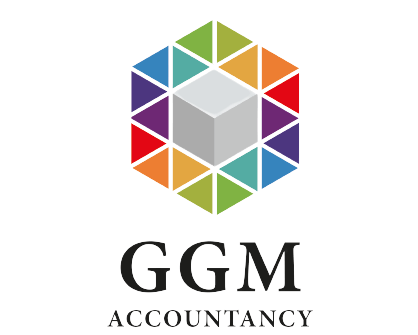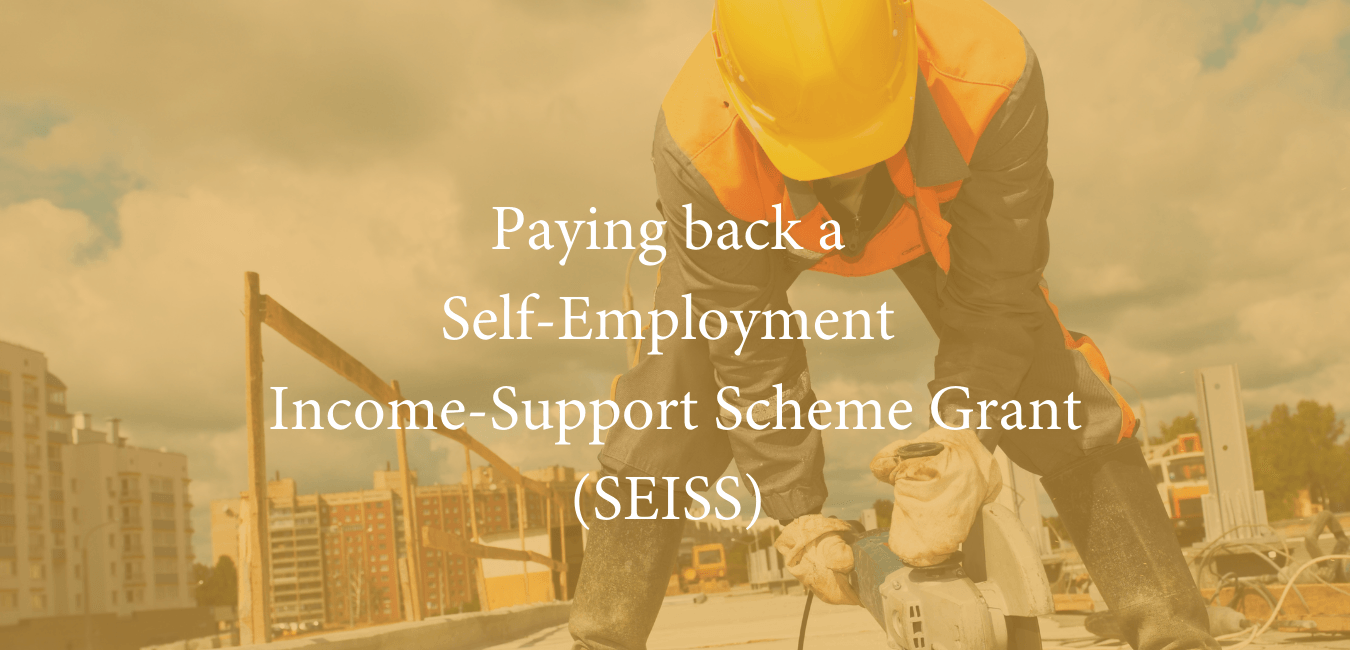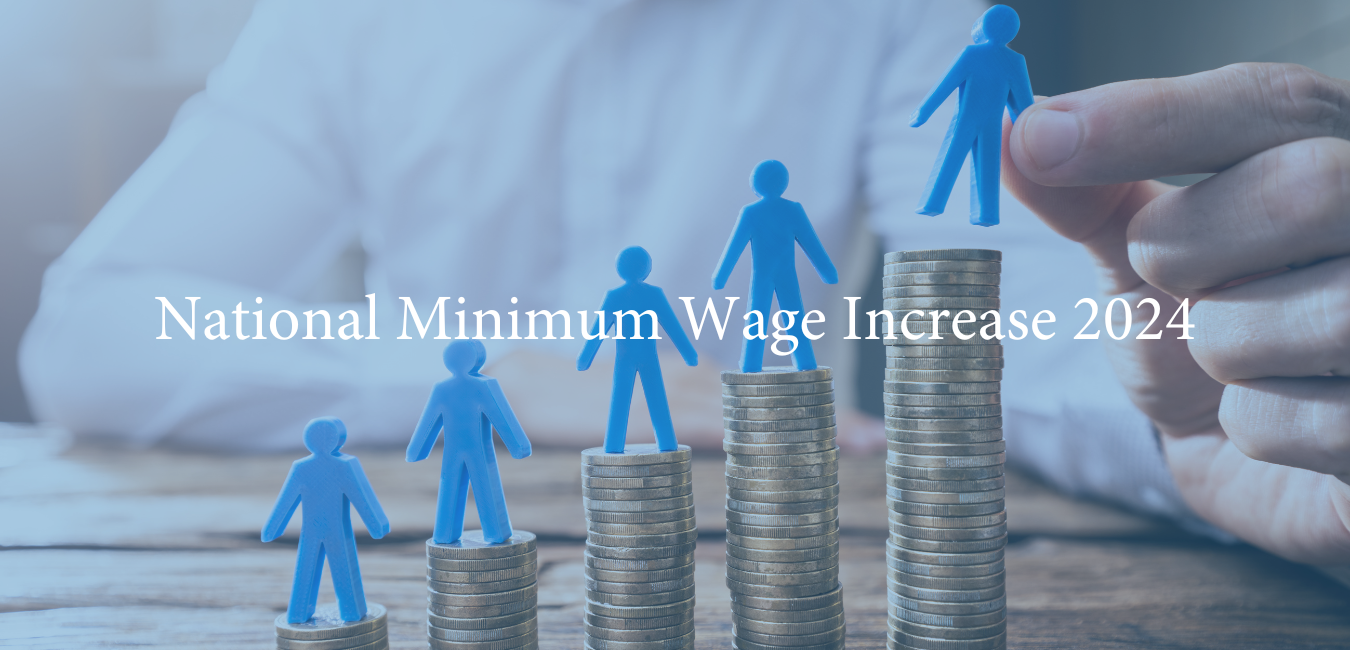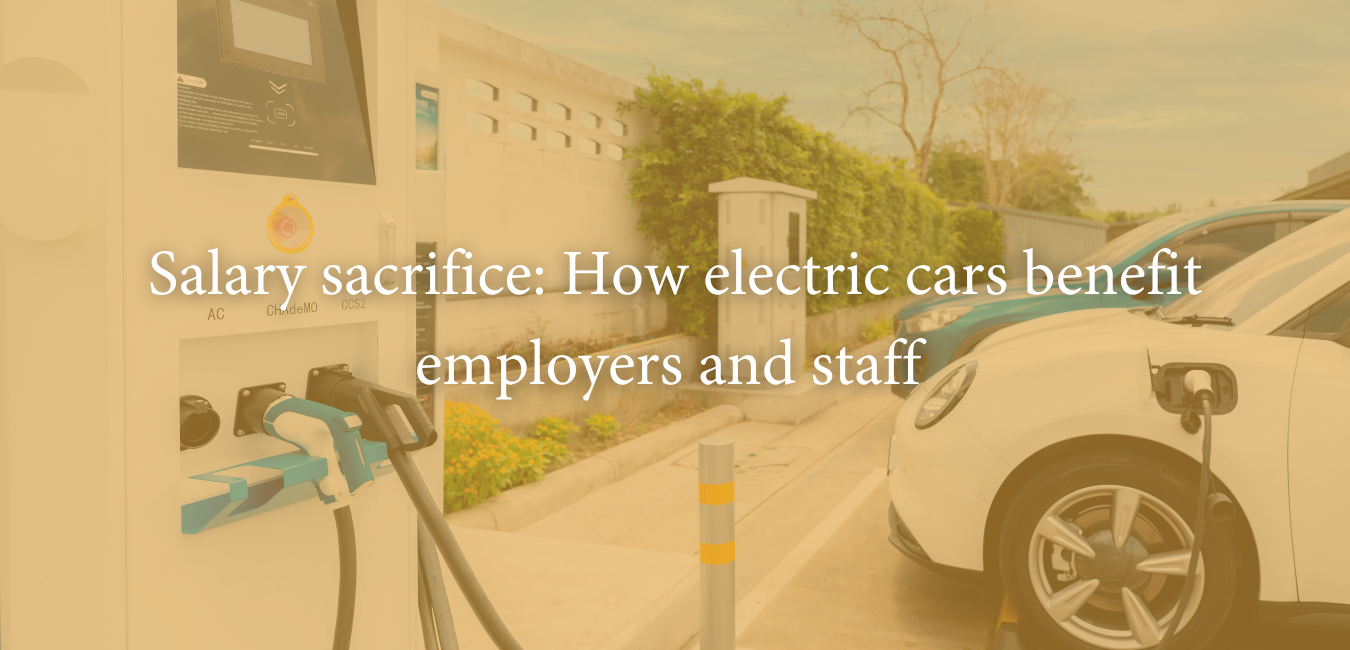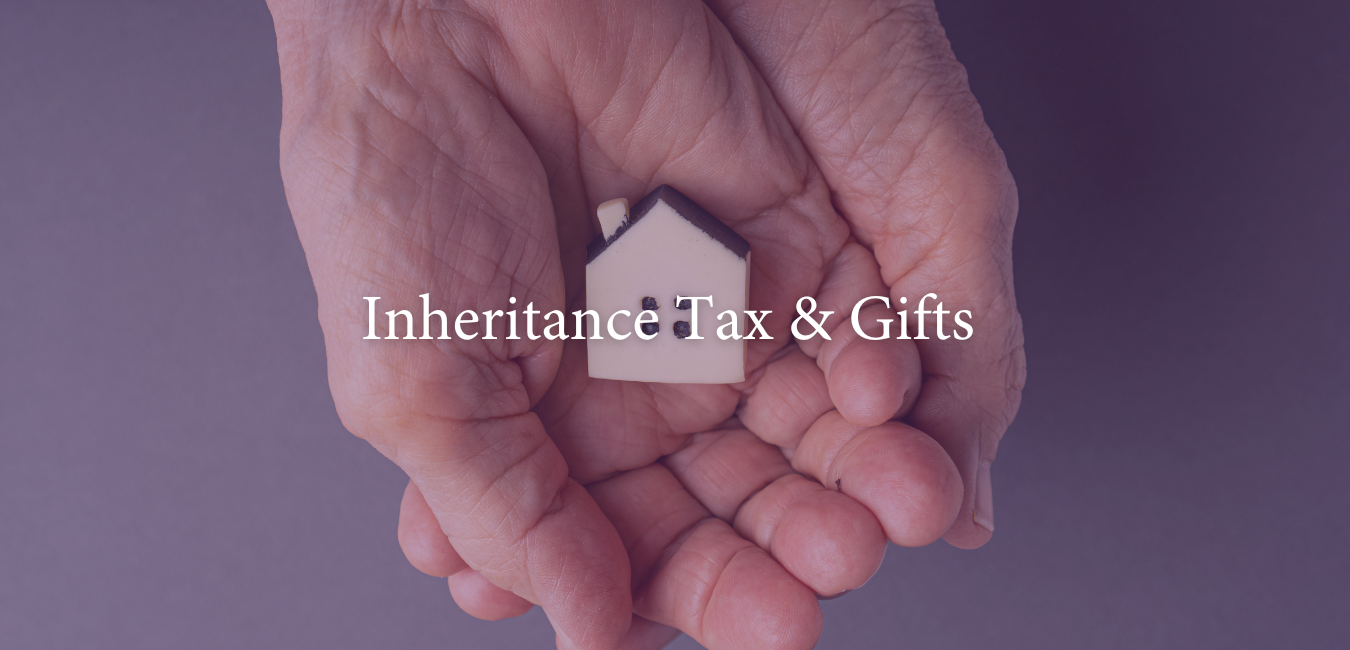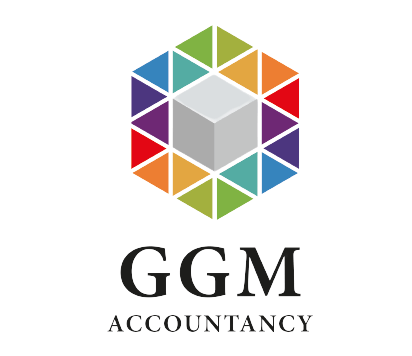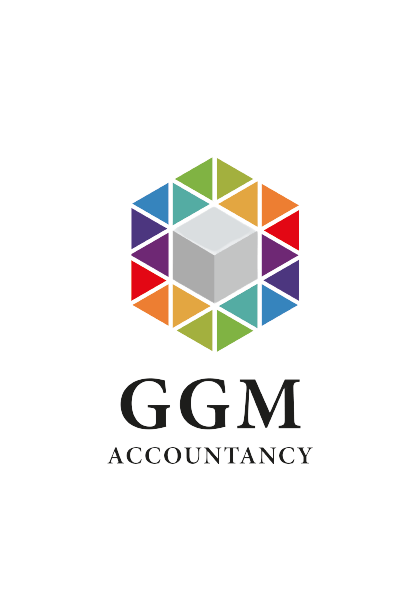Paying back a Self-Employment Income Support Scheme Grant
The UK Government has paid out more than £25.2 billion in financial support to 2.9 million self-employed people whose businesses have been affected by coronavirus through the SEISS scheme.
HMRC are now writing to more and more sole traders who have incorrectly claimed any one of the FIVE SEISS grants during 2020 and 2021 demanding repayment or face a penalty. So, what do you need to do?
You should be aware of the conditions for repayment and make the necessary arrangements to repay sooner rather than wait for HMRC to add interest and penalties if they later discover that you should not have claimed.
What you need to do
You must tell HMRC if, when you made the claim, you were not eligible for the grant.
For example:
- for the first or second grant, your business was not adversely affected
- for the third, fourth or fifth grant, your business had not been impacted by reduced activity, capacity or demand, or inability to trade in the relevant periods
- you did not intend to continue to trade
- you’ve incorporated your business
You must also tell HMRC if you:
- received more than we said you were entitled to
- amended any of your tax returns on or after 3 March 2021 in a way which means you’re no longer eligible or are entitled to a lower fourth or fifth grant than you received
- made a mistake reporting your turnover in your claim for the fifth grant which means you are entitled to a lower grant than you received
- have received a letter or email from HMRC that says you need to pay back some or all of a grant
When you must tell HMRC
In most cases, if you’re not eligible and have to pay the grant back, you must tell HMRC within 90 days of receiving the grant.
For the fourth and fifth grants the rules for when to tell HMRC are different if amending your return affects your eligibility or grant amount.
If your return has been amended
You must tell HMRC if there is an amendment to any of your tax returns on or after 3 March 2021 which either:
- lowers the amount of fourth or fifth grant you’re eligible for
- causes you to no longer be eligible for the fourth or fifth grant
If your return has been amended before claiming your grant, you must tell HMRC within 90 days of receiving your grant.
If your return has been amended after receiving your grant, you must tell HMRC within 90 days of making the amendment.
If you do not tell HMRC, they’ll write to you to recover the grant and you may also have to pay a penalty.
You do not have to tell HMRC if the grant amount:
- you are eligible for has lowered by £100 or less
- was £100 or less
If you are not sure, you should still tell HMRC about the amendment using the online form.
If your tax return for any of the years 2016 to 2017 to 2019 to 2020 is amended after 3 March 2021 and you’re no longer entitled to the amount they originally claimed for either their fourth or fifth (or both) SEISS grant, you must repay the amount they were overpaid by HMRC.
If you made a mistake when reporting your turnover
You need to tell HMRC if you:
- made a mistake reporting your turnover in your claim which means you are entitled to a lower grant than you received
- later realise you should have reported a different turnover figure in your claim which means you are entitled to a lower grant than you received
Voluntary repayments
You can also tell HMRC if you want to voluntarily pay back some or all of the grant you received. You can do this at any time.
What you will need
- Government Gateway user ID and password that you used when you made your claim
- Grant claim reference - you’ll find this in the online service or on your copy of the grant claim
- Self-Assessment Unique Taxpayer Reference (UTR) number
What if I can’t pay straight away?
If you are unable to pay in full, you may be able to set up a Time to Pay arrangement by contacting HMRC on 0300 322 9497. They’ll need to have details of your income and what you normally spend so they can make sure any payment plan is affordable.
Can we help?
Since claims were made directly by the self-employed individual who had warranted their business status at the time of each claim, accountants are unable to advise on whether a repayment is required; however, if your reported profits are much higher than they were Pre-Covid, then you probably should ask yourself the question and go through this HMRC checker first which will give you a definitive answer.
As we are now in the new tax year, we can process your tax return for 21/22. Doing this early will enable you to find out if you are required to repay a grant sooner rather than later.
Menu
Get In Touch
Tel: 01733 247500
Email: admin@ggmaccountancy.co.uk
Office: Unit 12, Broadway Shopping Centre
Malting Square, Yaxley, Peterborough
PE7 3JJ
Sign Up To Our Newsletter
Contact Us
We will get back to you as soon as possible
Please try again later
Proud Partners Of
Menu
Get In Touch
Tel: 01733 247500
Email: admin@ggmaccountancy.co.uk
Office: 42 Tyndall Court, Commerce Road
Lynch Wood, Peterborough, PE2 6LR
Follow Us On Social Media
Sign Up To Our Newsletter
Contact Us
We will get back to you as soon as possible
Please try again later
All Rights Reserved | GGM Accountancy Ltd | Website designed by Onelink Media
